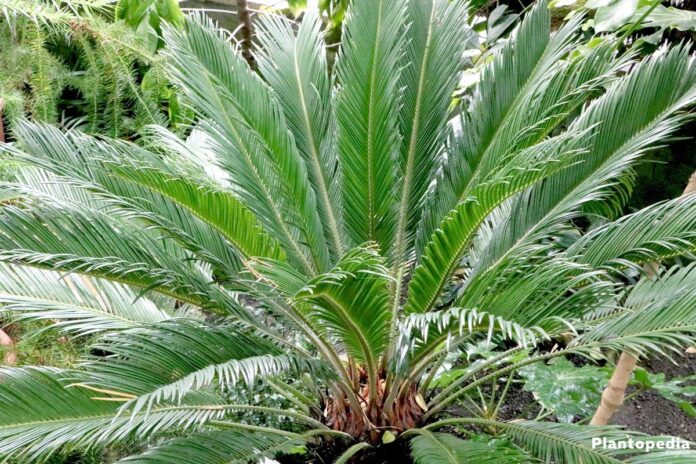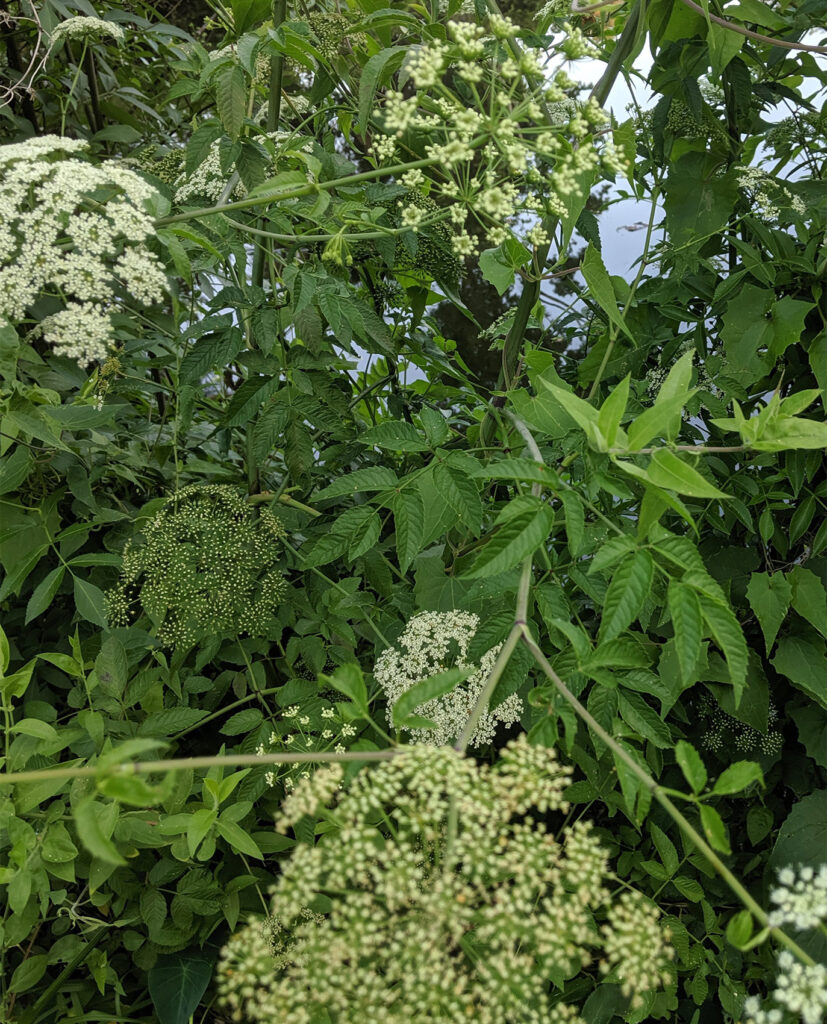Did you know there are a host of plants potentially growing in your yard that are harmful to your family and pet? The plants range from mildly toxic to fatal.
“Most people are familiar with poison oak and poison ivy, but other dangerous plants should be avoided,” says Dustyn Shroff, Vice President of GreatFlorida Insurance, Florida’s top independent homeowners insurance agency.
“Quite a few plants in our gardens and natural areas have the potential to make us sick. But a handful of common, widespread plants in Florida can cause severe symptoms at a relatively low dose. These are key species to know. If you have pets or small children, consider removing these plants from your garden or at least limiting access to them,” advises Florida Museum’s Science department.
Some of the common deadly species to know are listed below.
- Rosary pea & Castor bean- Swallowing a chewed or split bean can cause bloody vomiting, diarrhea, abdominal pain, drowsiness and death from liver or kidney damage.
- Oleander- All parts of the plants are poisonous if swallowed or if smoke from a burning plant is inhaled. Symptoms include nausea, vomiting, stomach cramps, dizziness, low blood pressure, slow pulse and seizures.
- Gloriosa lily-Eating any part of the flower or bulb can cause vomiting, diarrhea, abdominal pain and chest pain. Deaths result from damage to heart, kidneys, liver and lungs.
- King sago-All parts, but especially the seeds, contain a pair of toxic compounds. Chronic exposure can cause cancer and neurodegenerative diseases. The seeds, are a common cause of poisoning in dogs, resulting in potentially fatal liver failure.
- Spotted water hemlock- In both humans and livestock, consuming spotted water hemlock or inhaling smoke from the burned plant can cause violent convulsions and death by cardiac or respiratory failure in a matter of a few hours.
“It might be a good idea to keep a listing of common Florida poisonous plants handy on your phone or in your home just in case,” says Dustyn Shroff, Vice President of GreatFlorida Insurance, Florida’s largest independent homeowners insurance agency.
In the event of a possible plant poisoning, call your physician, veterinarian or Florida Poison Control (1-800-222-1222). Be prepared to tell them which plant inhaled or which part of the plant was eaten, how much was consumed and whether there are any immediate symptoms. It’s always a good idea to take a physical sample or photos of the plant to the emergency room along with the patient, especially if you are uncertain what type of plant it is.
GreatFlorida Insurance has a variety in homeowners insurance options available to you, contact us today.





